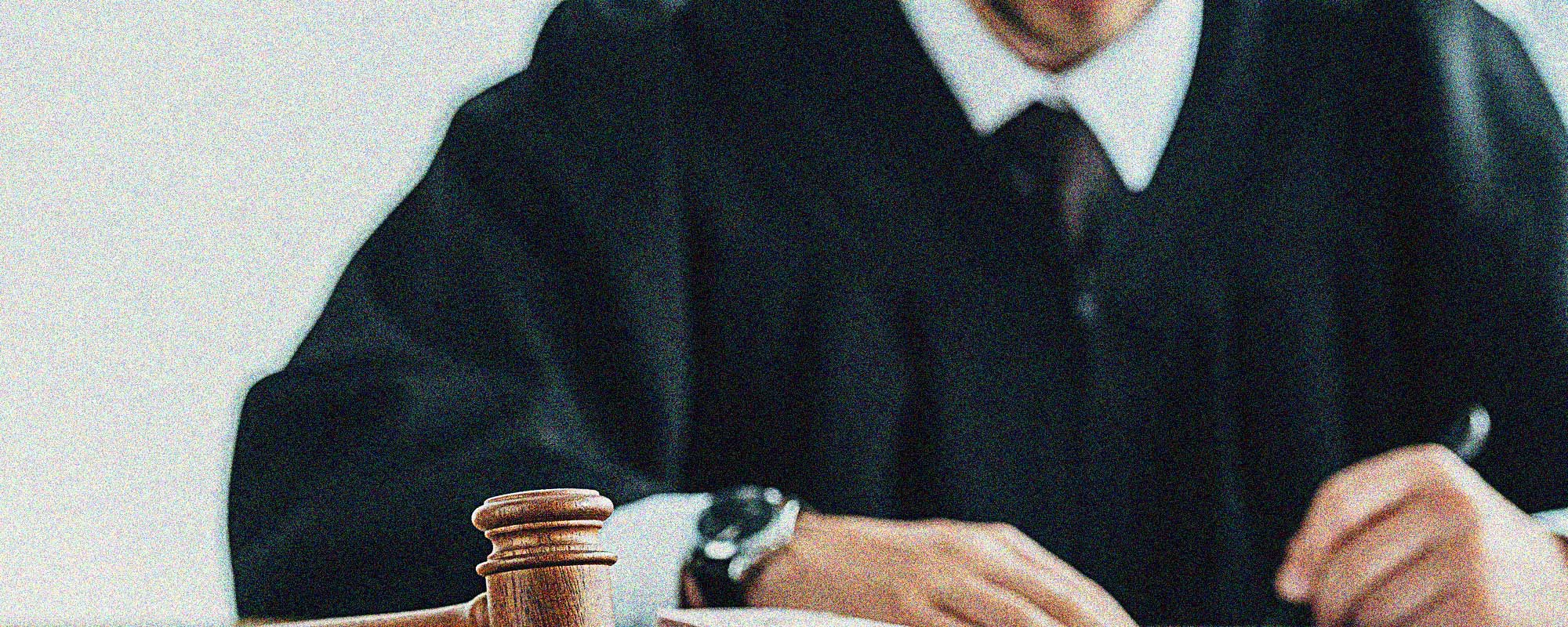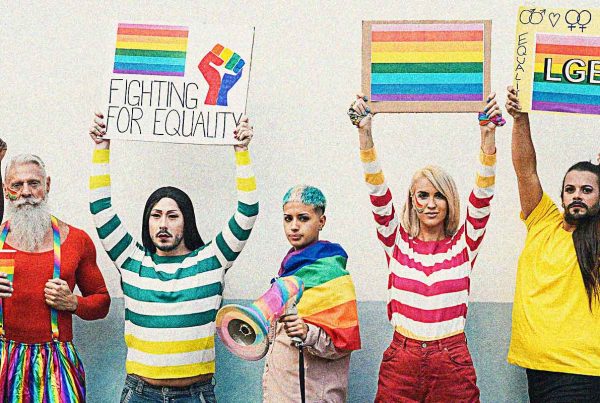OTTAWA — Shakir Rahim, Director of Criminal Justice for the Canadian Civil Liberties Association (CCLA), reacted to the Supreme Court of Canada’s decision in R v McColman;
The Supreme Court of Canada has confirmed police do not have the authority to conduct random sobriety stops on private property.
This is a victory for all concerned with police awarding themselves new and novel powers outside their existing statutory authority and for reassuring for those who care about civil liberties in Canada.
Suspicionless roadside stops have been a serious and longstanding concern for the CCLA because they act as a notorious pretext for racial profiling. They also facilitate other abuses of discretionary power that are difficult for courts to review.
In October, the CCLA won a landmark precedent in Luamba c. Procureur général du Québec that ends suspicionless stops in Quebec. It is being appealed.
In McColman, the CCLA intervened to oppose to defend the important Charter rights at stake. The Court unanimously rejected the Crown’s position and agreed with the CCLA in concluding that the law in Ontario does not give police officers the power to follow drivers onto private property for the purpose of conducting random stops.
While the Court left it open to the Ontario government to attempt to enact legislation that would give police this power, doing so would be unconstitutional. These suspicionless stops come at an unjustifiable cost to individuals’ Charter-protected rights, and (as the Court noted today), they are far from the only tool available in the fight against impaired driving.
That said, the CCLA remains concerned that the Court has set the bar too high for the exclusion of evidence where police violate Charter rights in cases of “legal uncertainty”. There should be no legal incentive for police officers or prosecutors to push the limits of police powers until told otherwise by a Court.
The CCLA is grateful to Bruce W. Johnston and and Lex Gill of Trudel Johnston & Lespérance for their representation.
-30-
About the Canadian Civil Liberties Association
The CCLA is an independent, non-profit organization with supporters from across the country. Founded in 1964, the CCLA is a national human rights organization committed to defending the rights, dignity, safety, and freedoms of all people in Canada.
Media Contact:
media@ccla.org
David Valentin – 514.913.5524
About the Canadian Civil Liberties Association
The CCLA is an independent, non-profit organization with supporters from across the country. Founded in 1964, the CCLA is a national human rights organization committed to defending the rights, dignity, safety, and freedoms of all people in Canada.
For the Media
For further comments, please contact us at media@ccla.org.




